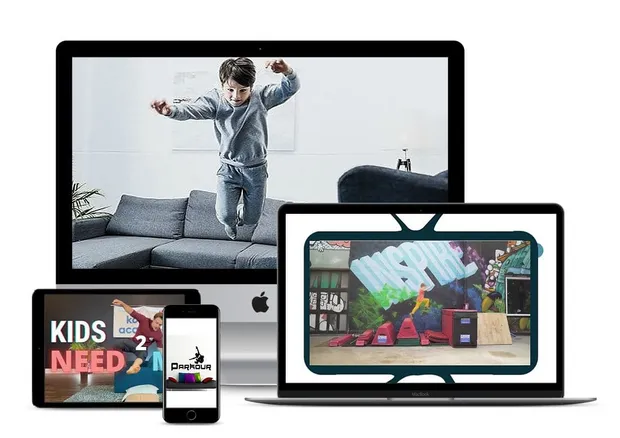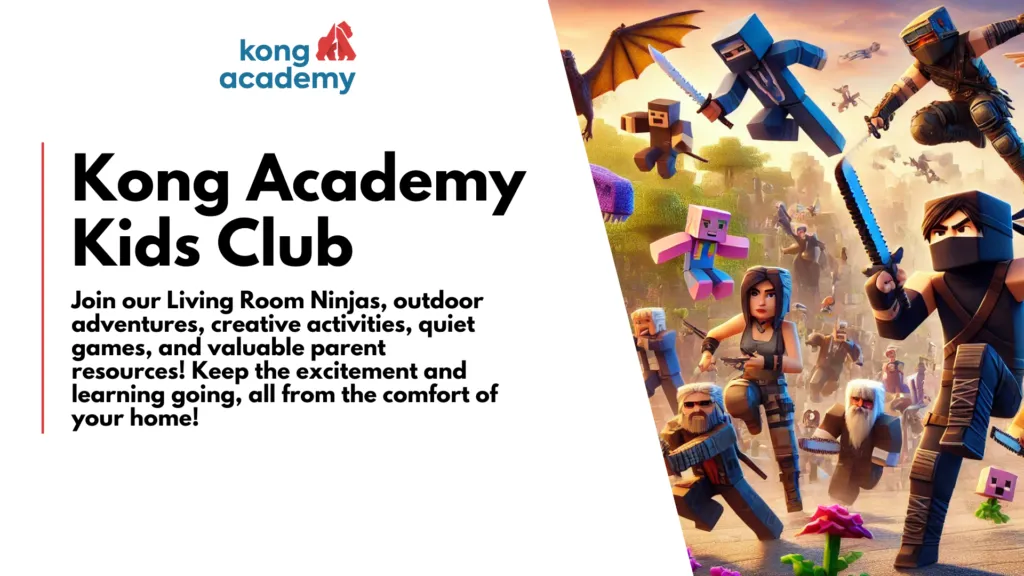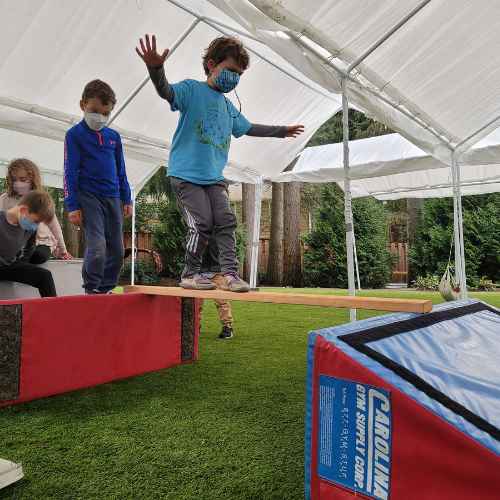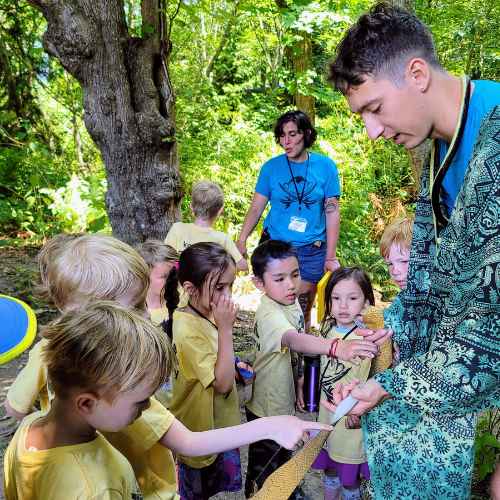
In a world where kids constantly face new challenges, it’s easy for them to feel overwhelmed and utter those three dreaded words—”I can’t do it.” These simple words can hinder their growth and ability to overcome obstacles. But with the right approach, parents can help their children turn “I can’t” into “I can.”
Meet Your Child Where They Are Without Being Mad Or Frustrated
Before anything else, it’s crucial to approach your child with understanding and patience. Showing frustration can make them feel even more incapable. Instead, be empathetic and show that you are there to support them.
Ask For The Story Behind Their “I Can’t Do It” Beliefs
Ask your child why they feel they can’t do something. Often, there’s an underlying reason, such as fear of failure or past negative experiences. Understanding the root cause can help you address their concerns more effectively.
Listen For The Moment Where The Child Shows Hope or An Openness To A Different Story
As your child shares their worries and feelings behind their “I can’t” story, pay close attention to any signs of hope or willingness to consider a different perspective. These moments are golden opportunities to introduce a more positive narrative and offer gentle encouragement.
Resist Giving Logical Feedback When They Are Stuck In Their Feelings
When your child is emotionally stuck, logical arguments won’t help. Instead of telling them why they can do it, acknowledge their feelings and offer comfort. Once their emotions have settled, you can guide them through more rational thinking.
Ask Your Child If They Are Open To Thinking About Their “I Can’t” Story Another Way
Encourage your child to see the situation from a different angle. Ask them if they are willing to try thinking about their “I can’t” story in a new way. This can include emphasizing that trying and failing is better than not trying at all, exploring alternative ways to get what they want, or looking at a task or goal from a different perspective. The goal is to highlight alternative ways to get to “I Can”.
Set The Tone For Your Advice: Positive, Persistent & Practice
Frame your advice positively and encourage persistence. Make it clear that practice is key to success and that everyone, including adults, struggles sometimes. Share stories of your own experiences overcoming challenges, but remember to not talk too much. The focus of this exercise is on your child and their feelings.
If you tell a long story it will derail the discussion and you’re likely to lose your child in your example. Be brief, and offer a short example so the focus remains with your kid and the challenge they’re in at the moment.
Break Their “I Can Do It” Into Manageable Steps
Big tasks can seem daunting. Help your child break down the challenge into smaller, manageable steps. Explore the possible wins that live inside of their smaller goals, and create reasons to celebrate each small victory along the way.
This goes a long way towards teaching kids that goals are not to be abandoned if they don’t reach them on their first or second try. It also teaches kids to do bigger tasks and to reach higher for the things they want in life, knowing that it can take many steps to reach a big goal. And, it also builds their confidence which is a huge building block for taking on harder tasks in life.
Remember Your Why
Remind yourself why it’s important to help your child develop a “can-do” attitude. This mindset will serve them well throughout their lives, helping them face challenges with resilience and determination. Moving from “I Can’t” to “I Can” is an enormous boost to a kid’s self esteem as well so try to stay on task.
And in the same way we want kids to learn how to break their goals into smaller, more manageable steps, parents need to look at this shift in thinking as a long term goal. It’s unlikely that if your child has a deeply rooted “I Can’t” belief system that it will change overnight so Mom and Dad need to stay committed to their goal so it’s attainable.
Rinse & Repeat
Teaching resilience is an ongoing process. Continually reinforce these lessons and celebrate progress. Over time, turning “I can’t” into “I can” will become second nature for your child. And this model for turning something challenging into something positive will transform for you and your child.
At Kong Academy, we believe in empowering kids through play and movement to develop a growth mindset. Our after-school programs and summer camps are designed to build resilience and self-confidence in a fun, engaging environment.
By implementing these strategies, you’ll equip your child with the tools they need to face any challenge with confidence and determination. Want more parenting tips and advice? Subscribe to our newsletter or follow us on YouTube and become part of Kong Academy’s community today!
GET Access to the ULTIMATE PLAY DATE PACKAGE (Value: $49) for FREE!


7-Day Crystal Shard Adventure
Unleash your child’s potential with our 7-day crystal shard movement adventure!




